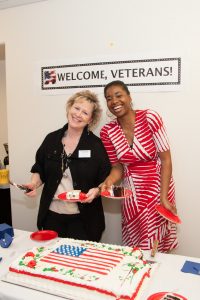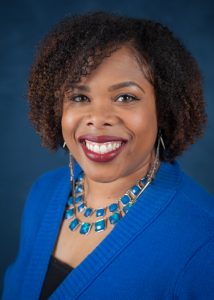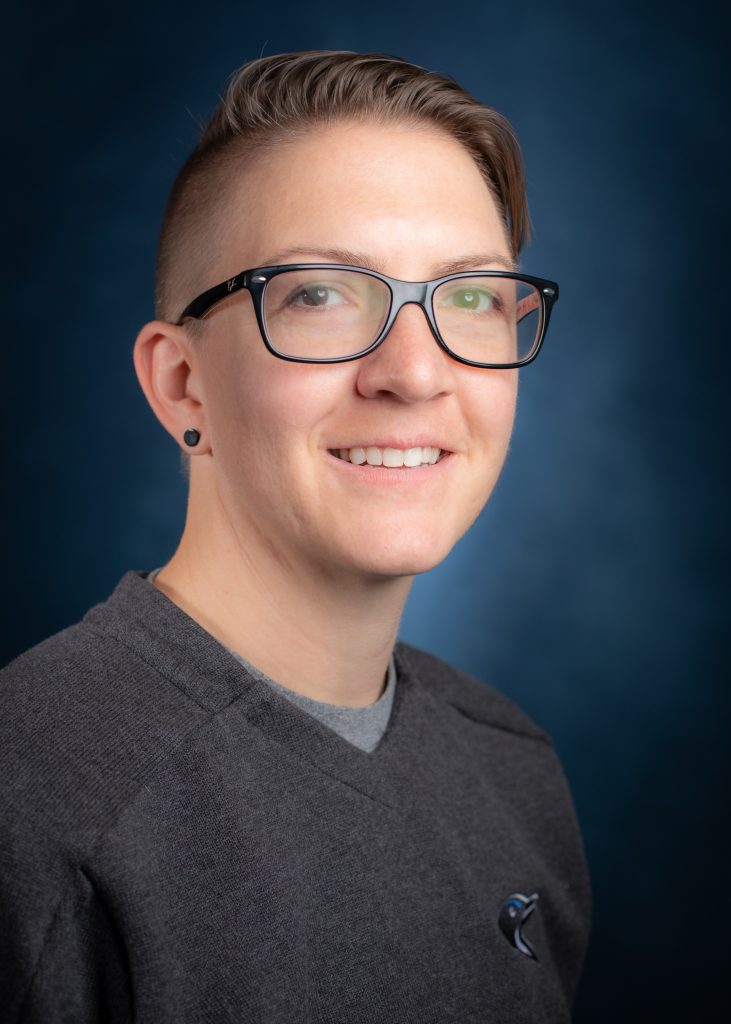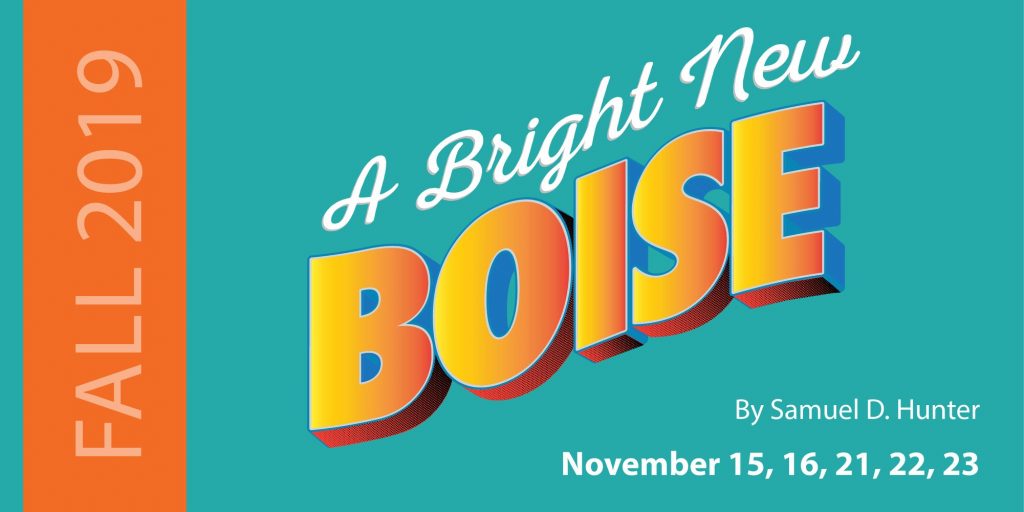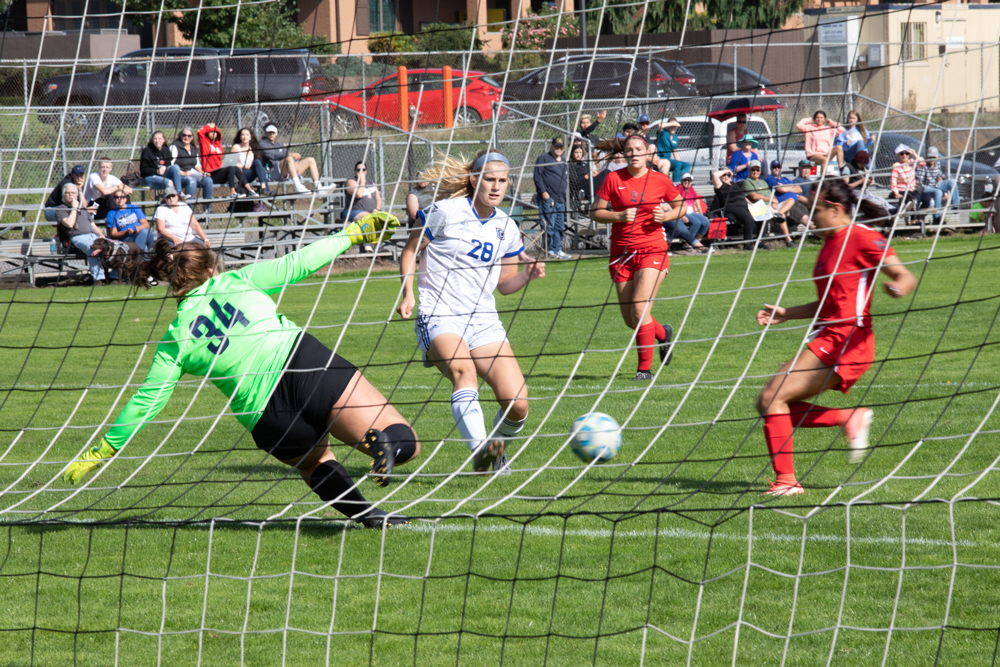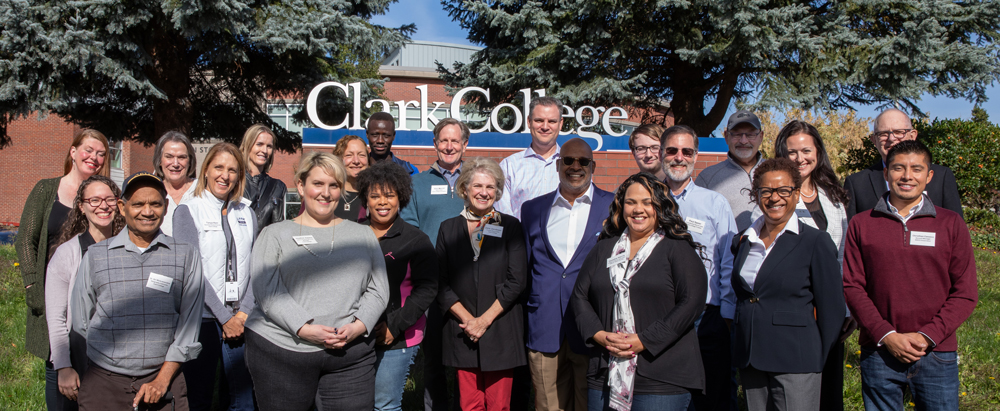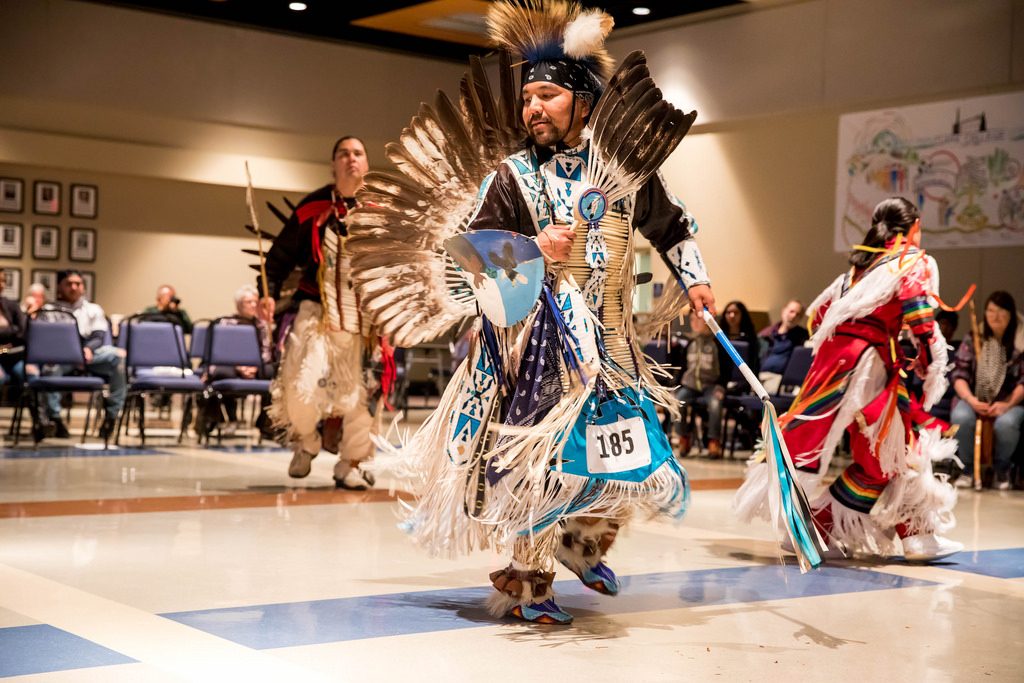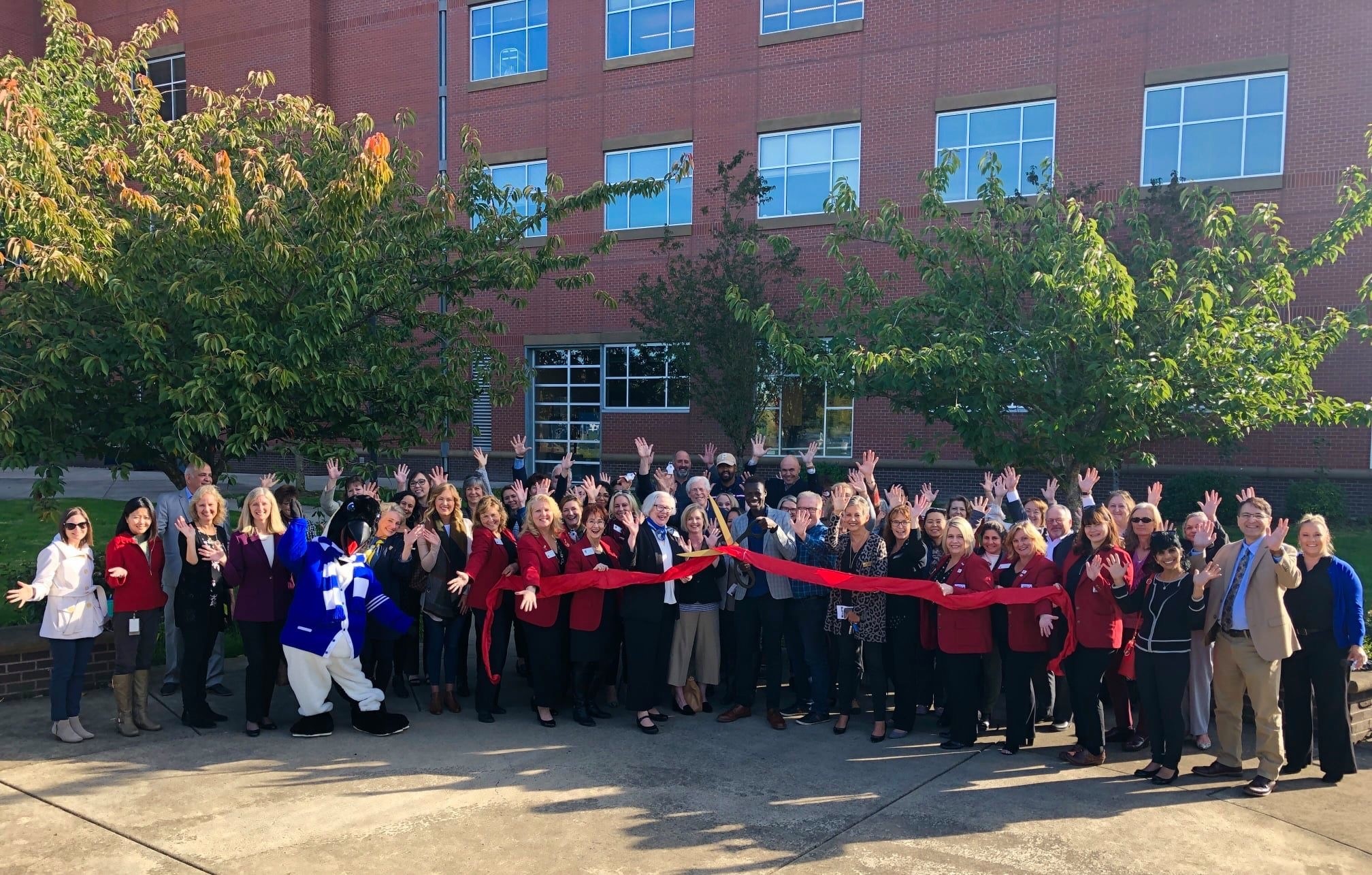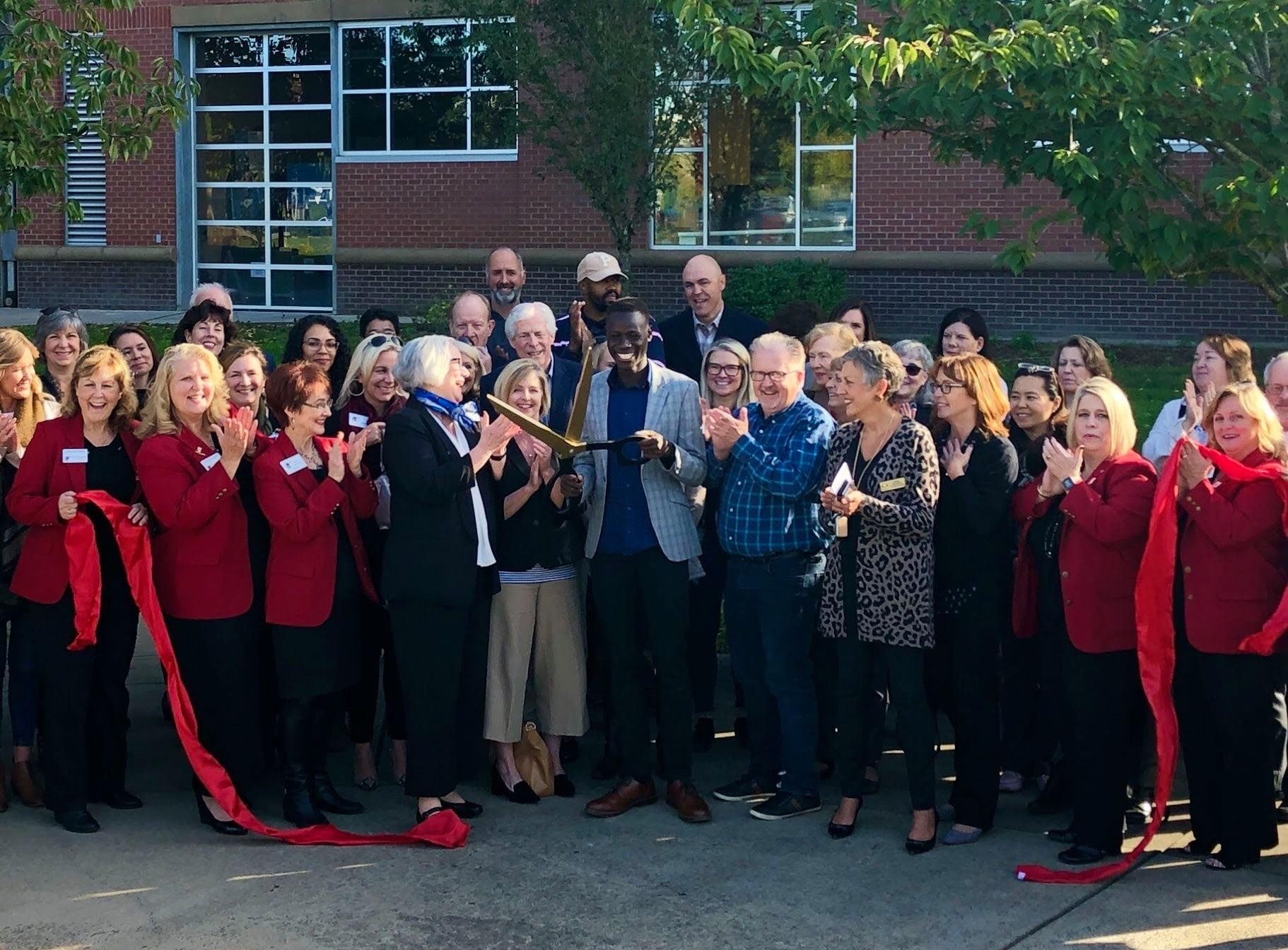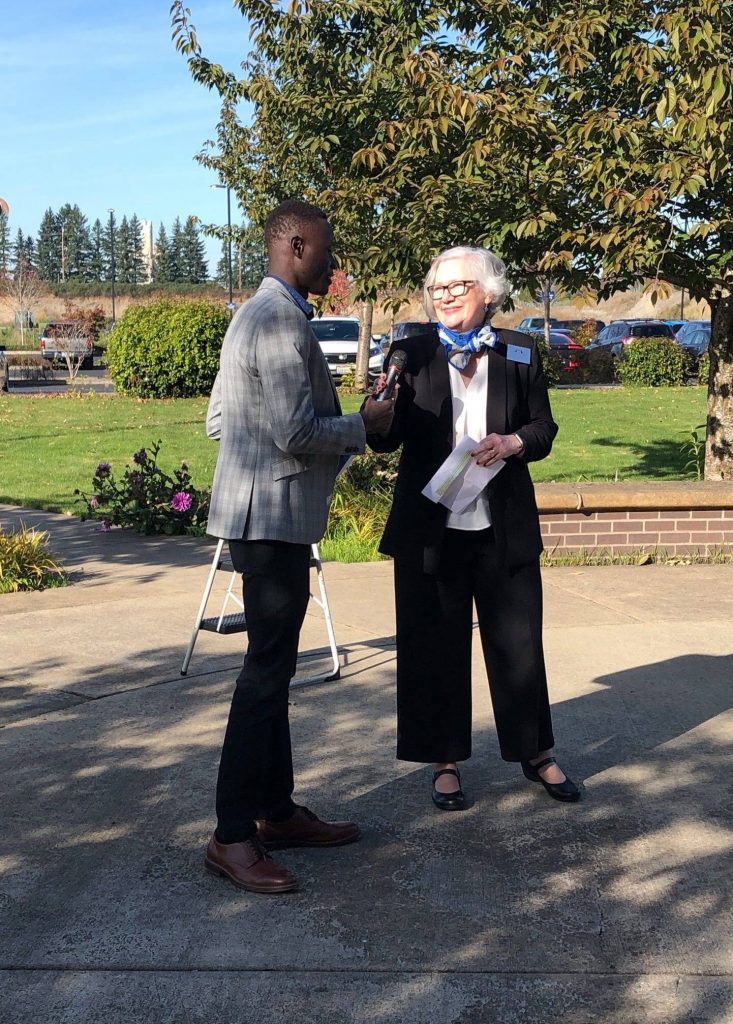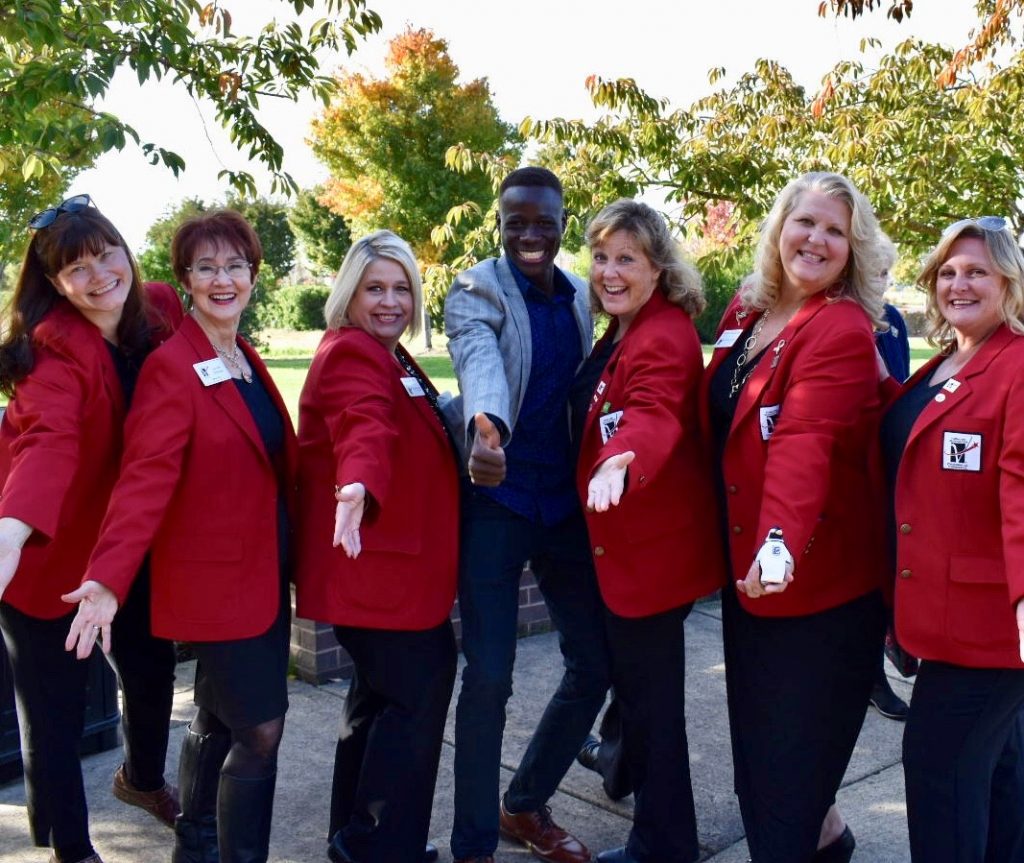Three decades of music
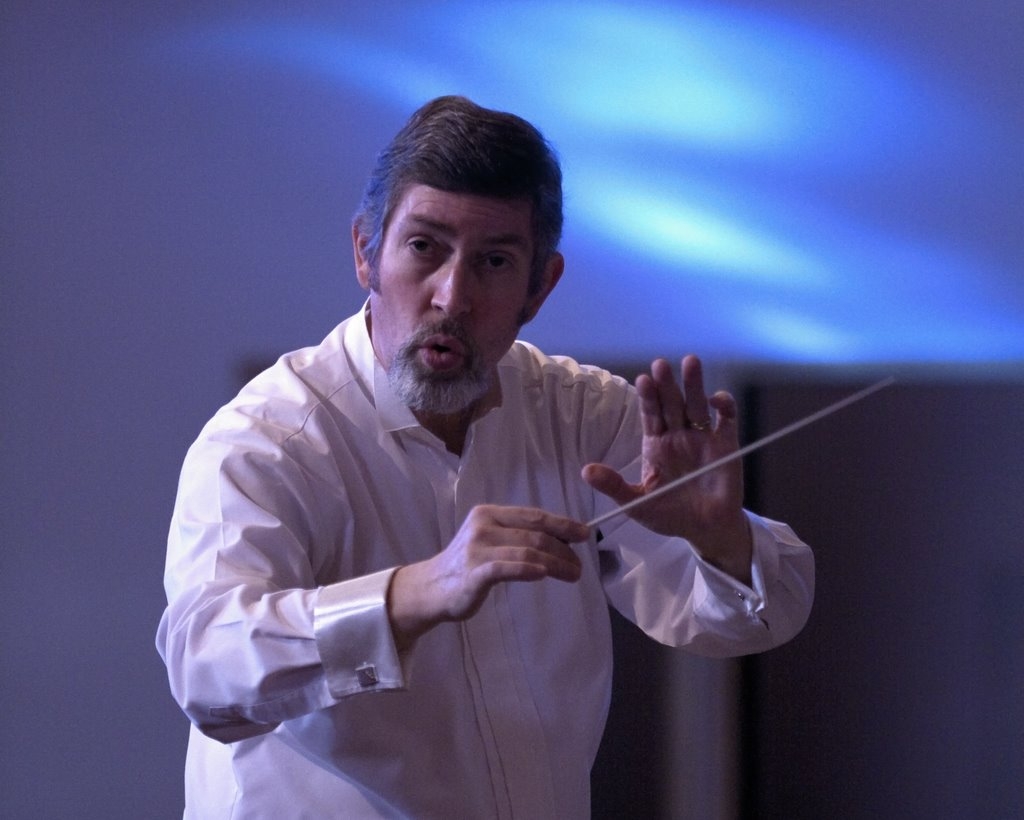
On Wednesday, December 4, the award-winning Clark College Orchestra will present its fall concert as part of the 2019-2020 season celebrating the 30th anniversary of Dr. Donald Appert as Clark College Music Director/Conductor. This all-orchestral extravaganza will include La Valse by Maurice Ravel, Nuages and Fêtes from Claude Debussy’s Nocturnes, and Josef Suk’s Symphony No. 1 in E Minor.
The performance is at 7:30 p.m. in the auditorium of Skyview High School in Vancouver. Admission is free and open to the public. Donations to the Orchestra General Fund will be accepted at the door.
For
complete information about all the Clark College Music Department concerts
including the orchestra, concert band, jazz ensemble, and choirs, please see http://www.clark.edu/campus-life/arts-events/music/music-concerts.
About Dr. Donald Appert
Dr. Donald Appert has appeared as a guest conductor in Japan, Australia, Central America, and throughout Europe. In Italy La’ovadese wrote, “… the performance of the ‘Serenade in C Major’ of Tchaikovsky, under the exceptional direction of Appert, was in such a style that it brought out the elegance and grace of the melodic lines with Mozartian inspiration.” Giornale di Sicilla praised his interpretation of Nielsen’s First Symphony as “lyrical with an airy freshness,” and his conducting as “precise, painstakingly accurate, and diligent.” In the United States, he has appeared as a guest conductor of the Vancouver (Washington) Symphony, the University of Texas – Arlington Symphony Orchestra, the Eastern Washington University Symphony Orchestra, and the University of Central Arkansas Symphony.
As one of only five musicians chosen, Dr. Appert received the 2015 Honored Artists of The American Prize for “individuals who have proven themselves to be musicians of sustained excellence over a number of seasons.” Adding to this distinctive honor is his 2011 The American Prize in Orchestral Programming – Vytautas Marijosius Memorial Award for his work with the Oregon Sinfonietta.
Dr. Appert was awarded the 2015 ASCAPLUS Award in recognition of his performances in Italy and the United States. His awards in previous years were for performances in Romania, Qatar, Europe, Central America, Japan, and the United States. Dr. Appert is the recipient of the 2014 Clark County Arts Commission Lifetime Achievement in the Arts Award, and in 2009, he received the Washington Community College Humanities Association Exemplary Status Award in recognition of his outstanding contributions to the Humanities.
As a member of ASCAP, most of Dr. Appert’s compositions have been performed throughout the world. A recent work, Concerto for Cello and Orchestra, commissioned by and for Jeffrey Butler of the Houston Symphony, had its world première to great applause on June 17, 2018, with Mr. Butler as soloist and the Clark College Orchestra accompanying him.
